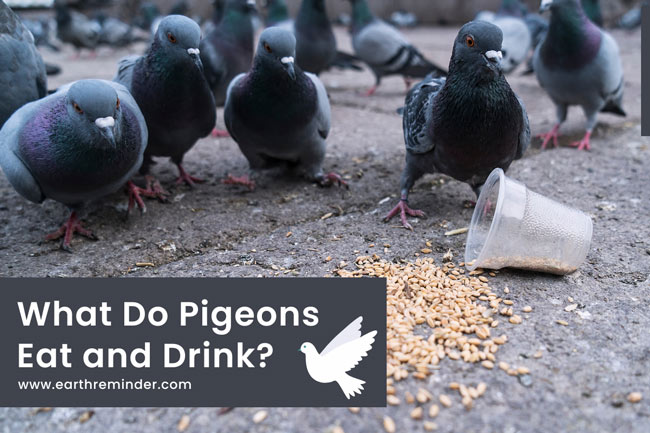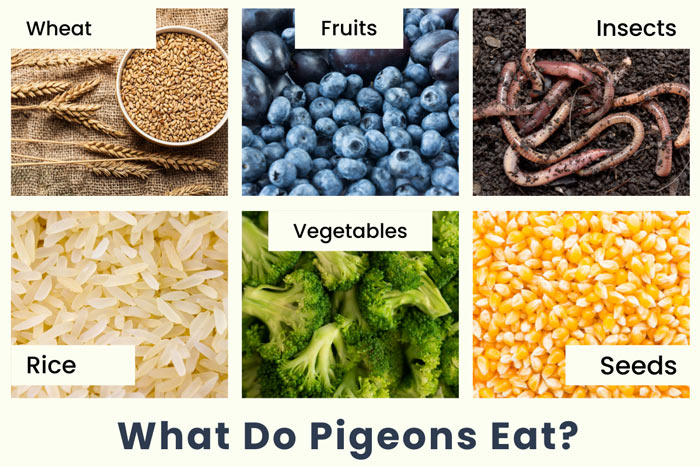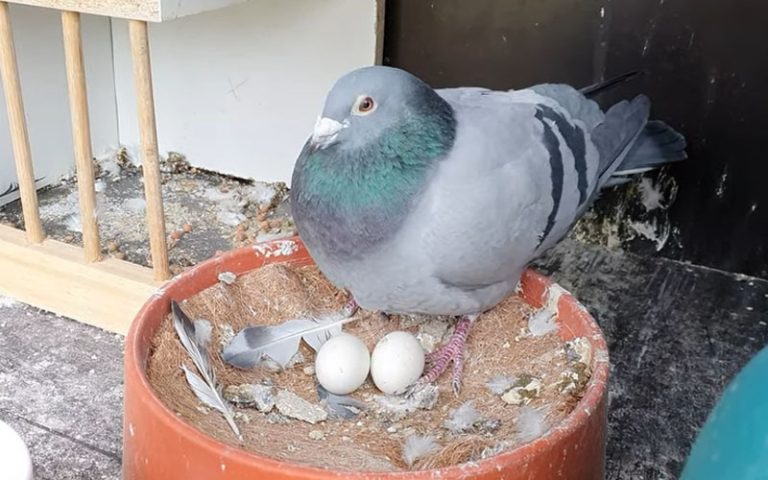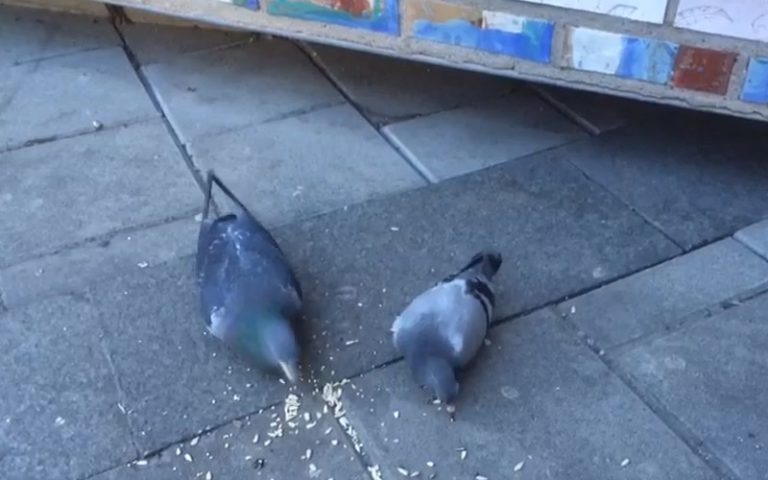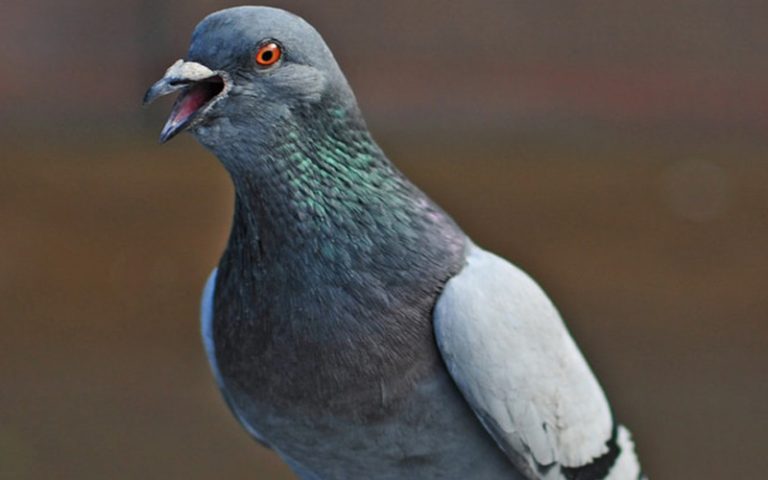What Do I Feed a Pigeon? Best Foods to Feed Your Pet Pigeon!
Feed pigeons a balanced diet of seeds, grains, and fresh vegetables. Avoid bread and processed foods, as they can harm their health.
Pigeons are common urban birds, often seen in parks and public spaces. They thrive on a varied diet that includes seeds, grains, and vegetables. Understanding what to feed these birds helps ensure their well-being. A proper diet promotes healthy growth, vibrant feathers, and overall vitality.
Many people enjoy feeding pigeons, but offering nutritious options is crucial. Feeding them inappropriate foods can lead to health issues. This guide will outline the best food choices for pigeons, emphasizing natural and wholesome options. By providing the right diet, you can contribute to the health and happiness of these fascinating birds.
Introduction To Pigeon Nutrition
Feeding pigeons properly is essential for their health. A balanced diet supports their growth and overall well-being. Understanding pigeon nutrition helps you make informed choices. Pigeons need specific nutrients to thrive and stay active.
Key Nutrients For Pigeons
Pigeons require a variety of nutrients. Here are the key components of a healthy diet:
| Nutrient | Function |
|---|---|
| Proteins | Builds and repairs tissues. |
| Carbohydrates | Provides energy for daily activities. |
| Fats | Offers concentrated energy and supports cell function. |
| Vitamins | Boosts the immune system and enhances growth. |
| Minerals | Supports bone health and metabolic processes. |
Include seeds, grains, and legumes in their diet. Fresh fruits and vegetables offer added vitamins and hydration.
Common Myths About Pigeon Diets
Many myths surround pigeon diets. Here are some of the most common:
- Pigeons only eat bread: Bread lacks essential nutrients.
- All seeds are good: Some seeds are low in nutrition.
- Pigeons can eat anything: Junk food harms their health.
- Feeding pigeons is easy: Proper nutrition requires knowledge.
Understanding these myths helps you feed pigeons correctly. Providing a balanced diet leads to healthier pigeons.
Seeds And Grains: The Basics
Pigeons thrive on a diet rich in seeds and grains. These foods provide essential nutrients. Understanding the right types can help keep your pigeon healthy. Let’s explore some popular choices and how to balance their diet.
Popular Choices For Pigeons
Choosing the right seeds is vital for your pigeon’s health. Here are some popular options:
- Sunflower Seeds: High in fat, great for energy.
- Millet: Small seeds that are easy to digest.
- Oats: Good for fiber and overall health.
- Peas: Packed with protein and nutrients.
- Sorghum: A gluten-free option rich in carbohydrates.
| Seed/Grain | Benefits |
|---|---|
| Sunflower Seeds | High energy and great for feathers |
| Millet | Easy to digest and tasty |
| Oats | Promotes healthy digestion |
| Peas | Rich in protein for strength |
| Sorghum | Gluten-free with good carbs |
How To Balance A Seed-based Diet
A well-rounded diet is important for pigeons. Here are some tips to ensure balance:
- Mix different seeds to provide variety.
- Include fresh fruits and vegetables.
- Provide clean water daily.
- Limit fatty seeds like sunflower.
- Monitor their weight and adjust portions.
Keep an eye on your pigeon’s health. Adjust their diet as needed to maintain well-being.
The Importance Of Fresh Foods
Fresh foods are vital for a pigeon’s health. They provide essential nutrients. A balanced diet boosts energy and immunity. Fresh options keep pigeons active and happy. Avoid processed foods for better results.
Vegetables And Fruits Pigeons Love
Pigeons enjoy a variety of fresh vegetables and fruits. Here are some favorites:
| Vegetables | Fruits |
|---|---|
| Carrots | Apples |
| Spinach | Bananas |
| Peas | Berries |
| Broccoli | Grapes |
Chop these foods into small pieces. This makes them easier to eat. Fresh foods are tasty and nutritious for your pigeons.
Unsafe Foods To Avoid
Not all foods are safe for pigeons. Some can harm their health. Avoid the following:
- Avocado
- Caffeine
- Chocolate
- Onions
- Processed foods
Always check before feeding your pigeons. Keeping them safe is your top priority.
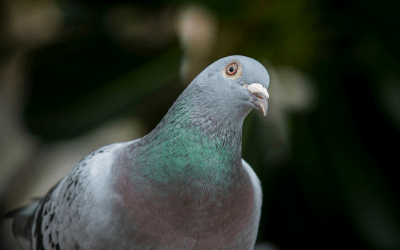
Credit: vcahospitals.com
Protein Sources For Pigeons
Protein is essential for pigeons. It helps them grow, stay healthy, and produce eggs. Choosing the right protein source is crucial. There are two main types: animal and plant-based proteins. Each has unique benefits for your feathered friends.
Animal Vs. Plant-based Proteins
Pigeons can benefit from both animal and plant-based proteins. Each type offers different nutrients.
| Protein Type | Sources | Benefits |
|---|---|---|
| Animal Proteins |
|
High in essential amino acids. Supports muscle growth. |
| Plant-Based Proteins |
|
Rich in fiber. Helps digestion and overall health. |
Insects And Legumes For Pigeons
Insects are a fantastic protein source for pigeons. They provide essential nutrients. Common insects include:
- Mealworms
- Crickets
- Ants
These insects are easy to find. They can be purchased at pet stores or online.
Legumes also play a vital role in a pigeon’s diet. They are rich in protein and fiber. Good options include:
- Lentils
- Peas
- Chickpeas
Mixing both insects and legumes ensures a balanced diet. This helps keep your pigeons healthy and active.
Supplements For Optimal Health
Keeping pigeons healthy is essential. A balanced diet helps, but sometimes supplements are necessary. They support growth, boost immunity, and enhance overall well-being.
When To Consider Supplements
Consider supplements in these situations:
- Young pigeons need extra nutrients for growth.
- Breeding pigeons require enhanced vitamins and minerals.
- Sick or recovering pigeons benefit from additional support.
- During stressful situations, like travel or weather changes.
Choosing The Right Supplements
Selecting the right supplements ensures optimal health. Focus on quality and specific needs. Here’s a simple guide:
| Supplement Type | Benefits | Recommended Use |
|---|---|---|
| Multivitamins | Boosts overall health and immunity. | Daily for general wellness. |
| Calcium | Supports bone health and egg production. | During breeding season. |
| Probiotics | Enhances digestive health. | After antibiotic treatments. |
| Electrolytes | Replenishes lost fluids. | After illness or stress. |
Always read labels. Follow the recommended dosages. Consult a vet for advice on specific needs.
Hydration And Its Role
Proper hydration is crucial for pigeons’ health. Water helps in digestion and nutrient absorption. Pigeons need clean water daily to stay healthy. Dehydration can lead to serious health issues.
Providing Clean Water
Always provide fresh, clean water. Use a shallow bowl or a water dispenser. Change the water daily to prevent contamination. Pigeons prefer drinking water that is:
- Free from dirt and debris
- At room temperature
- Accessible at all times
Monitor the water level regularly. Ensure it is always full. Pigeons drink more during hot weather. Be extra cautious during these times.
Signs Of Dehydration In Pigeons
Recognizing dehydration early is key. Look for these signs:
| Signs | Description |
|---|---|
| Dry beak | The beak appears cracked or dry. |
| Sunken eyes | Eyes look dull and sunk into the head. |
| Decreased droppings | Less droppings than usual. |
| Loss of appetite | Shows little interest in food. |
| Weakness | Looks lethargic and weak. |
If you notice these signs, act quickly. Provide fresh water immediately. Consult a vet if symptoms persist.
Feeding Baby Pigeons
Feeding baby pigeons requires special care. Young pigeons, known as squabs, rely on their parents for food. If orphaned, they need proper nutrition for healthy growth. This section covers the essentials of feeding baby pigeons.
Hand Rearing And Formula
Hand rearing baby pigeons is a rewarding task. It would help if you had the right formula to ensure their growth. Use a high-quality pigeon formula or a homemade mix. Here’s how to prepare it:
- Ingredients:
- 1 part cornmeal
- 1 part oats
- 1 part powdered milk
- Water to mix
Mix the ingredients thoroughly. The mixture should be a smooth paste. Feed the squabs using a syringe or a small spoon. Offer food every 2-3 hours.
Transitioning To Solid Foods
After a few weeks, squabs can start eating solid foods. Transitioning is essential for their development. Here are some steps to follow:
- Introduce small seeds like millet and canary seeds.
- Offer soft fruits like mashed bananas.
- Gradually add pelleted food designed for pigeons.
Monitor their eating habits. Ensure they eat enough to grow strong. Always provide fresh water for hydration.
| Age | Food Type | Feeding Frequency |
|---|---|---|
| 0-2 weeks | Formula | Every 2-3 hours |
| 2-4 weeks | Soft foods | 4-6 times a day |
| 4 weeks and older | Solid seeds and pellets | As needed |
With proper feeding, baby pigeons will thrive. Enjoy watching them grow into strong, healthy birds!
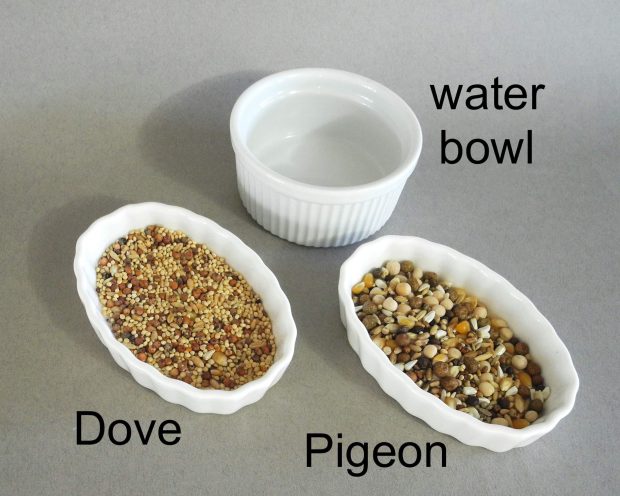
Credit: www.pigeonrescue.org
Creating A Feeding Schedule
Feeding pigeons requires a well-planned schedule. A consistent routine helps ensure they receive the right nutrients. This schedule can adapt to their needs. Understanding daily and weekly routines is key. Adjusting diets based on health and season matters too.
Daily And Weekly Feeding Routines
Feeding pigeons daily keeps them healthy and happy. Here are some tips for daily and weekly routines:
- Daily Feeding:
- Feed in the morning and evening.
- Provide fresh water daily.
- Weekly Feeding:
- Rotate food types each week.
- Include grains, seeds, and vegetables.
Consider a table for better planning:
| Day | Morning Feed | Evening Feed |
|---|---|---|
| Monday | Mixed seeds | Vegetable scraps |
| Tuesday | Grains | Fruits |
| Wednesday | Mixed seeds | Vegetable scraps |
| Thursday | Grains | Fruits |
| Friday | Mixed seeds | Vegetable scraps |
| Saturday | Grains | Fruits |
| Sunday | Mixed seeds | Vegetable scraps |
Adjusting Diets For Health And Season
Changing seasons affect pigeons’ dietary needs. Adjust their food for health and environment. Here are some adjustments to consider:
- Winter:
- Add high-energy foods.
- Include more grains and seeds.
- Summer:
- Focus on fresh fruits and vegetables.
- Ensure plenty of water.
Monitor their health closely. Adjust food types based on their condition. A balanced diet keeps pigeons active and strong.
Frequently Asked Questions
What Is The Best Food For Pigeons?
Pigeons thrive on seeds, grains, and pellets specifically formulated for them. Fresh fruits and vegetables can also be beneficial.
Can Pigeons Eat Bread?
Bread should be avoided as a primary food. It lacks essential nutrients and can lead to health issues in pigeons.
How Often Should I Feed Pigeons?
Feed pigeons once or twice daily, ensuring they have access to fresh water at all times for optimal health.
Is It Safe To Feed Pigeons Wild Seeds?
Wild seeds can be safe, but ensure they are pesticide-free. Commercial pigeon food is often a more balanced option.
What Do You Feed A Pigeon?
Feed pigeons a simple diet that’s healthy for them. Offer seeds, grains, and cracked corn, which they naturally eat. Small birdseed mixes are good options too. You can give them chopped fruits like apples or berries for added variety. Vegetables like peas and spinach are also safe and nutritious.
Avoid bread, as it lacks the nutrients pigeons need and can harm their digestion. Fresh water is important for them to drink as well. Stick to these natural foods to keep pigeons healthy and strong.

